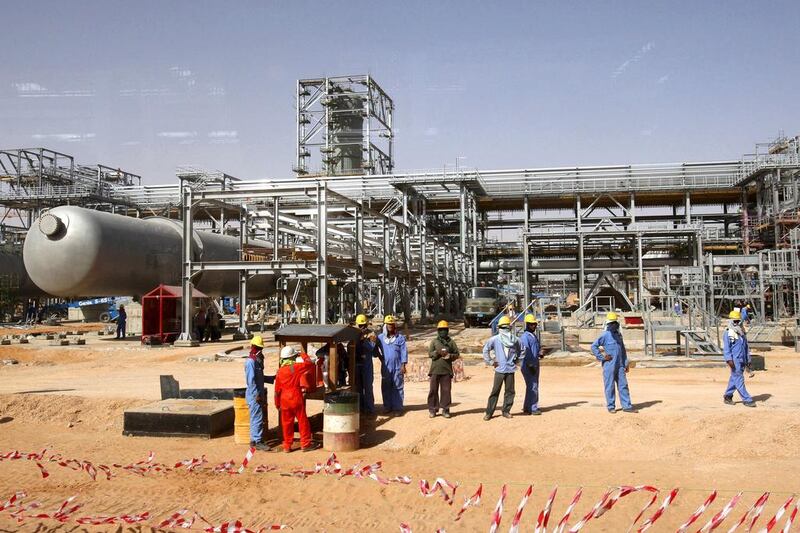Though many strides made towards diversifying their economies away from oil, Gulf countries remain dependent on hydrocarbon revenues, making them susceptible to market fluctuations, S&P Global Ratings said.
"Gulf economies' high concentration and dependence on the hydrocarbon sector, which averaged about 30 per cent of GDP and 60 per cent of total exports over 2015-2016 - even considering subdued oil prices - could become a credit negative factor when not offset by substantial financial buffers," the agency said. "Despite supporting the economy when hydrocarbon prices are high, we believe a narrowly-based economy tends to be more vulnerable to key sector business cycle swings, amplifying the volatility of its growth, general government revenues and current account receipts."
Fixed exchange rates, a harsh climate and a lack of local skilled labour will make it difficult for Gulf countries to diversify their economies away from oil, S&P said in a report, adding that its recent lowering of long-term currency ratings on Oman, Bahrain and Saudi Arabia was in part due to concerns about economic diversification and the impact low oil prices have had on regional economies.
"These rating actions also reflected our view that GCC sovereigns have made only marginal progress in diversifying their economies away from hydrocarbons, given the still sizable contribution of the sector to their economies," analysts led by Trevor Cullinan at S&P Global Ratings in Dubai said.
"While non-oil real GDP has picked up in the region since 2000, the growth rate has gradually decelerated over the last three years in tandem with the decline in oil GDP, further highlighting that diversification efforts are yet to pay off, in our view."
GCC nations have taken steps to lessen their reliance on oil in recent years by reducing energy subsidies and mapping out ambitious plans to boost revenues, including a value added tax. Still, these plans may take a long time in materialising and there are a number of structural impediments in their way, S&P noted.





